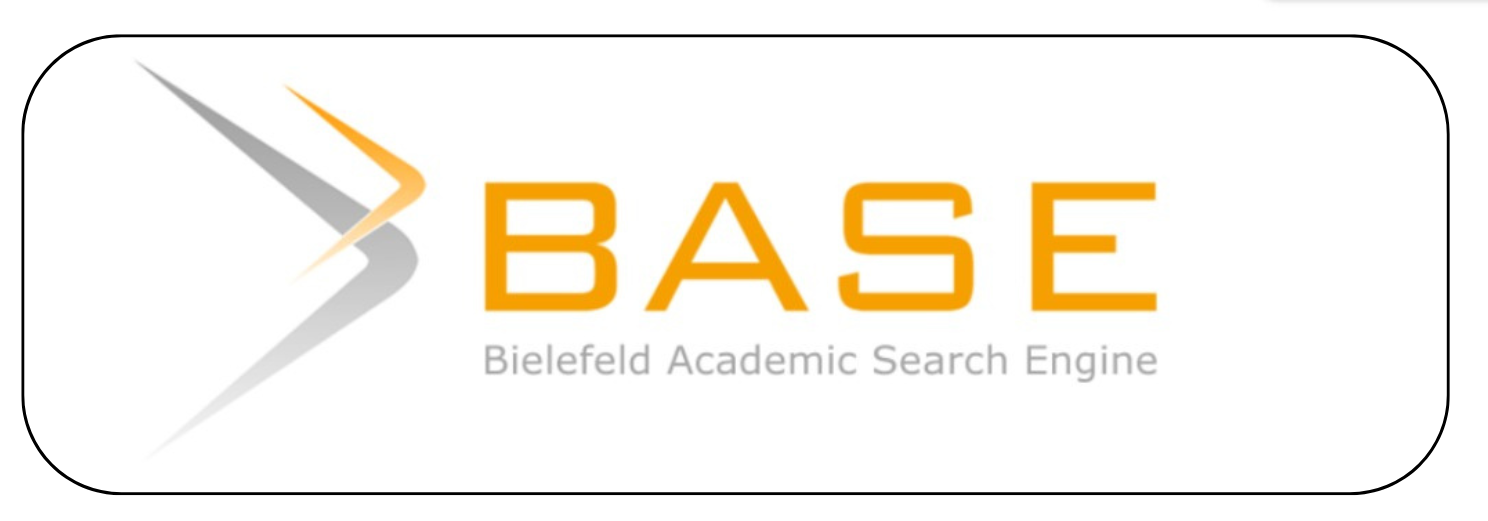Digital and Non-Digital Feedback Modes in Private Higher Institution: Students’ Perception.
DOI:
https://doi.org/10.61688/jev.v4i2.136Keywords:
Feedback Modes, Digital and Non-digital modes, Text-based feedback, Verbal Feedback, Higher EducationAbstract
The use of effective and high-quality instructional feedback has been identified as a key element of quality teaching and learning. The is a major change in the provision of instructional feedback in higher education due to the rapid growth of internet strategy resulting in different forms of feedback modes provided by lecturers. Instructional feedback is generally provided in digital modes and non-digital modes through two various mediums known as text-based feedback comments (electronic annotations, marking sheet or rubric, handwritten) and verbal feedback comments (face-to-face and digitally recorded). These feedback modes are used to monitor student learning in response to instruction and provide prompts to students to confirm, refine, or clarify their understandings. Even though there is recognition of the significant role and value that feedback plays in student learning, very little is understood about how students perceive the feedback they receive on their work. So, this study aims to investigate students’ perceptions of the uses of digital and non-digital feedback modes in Kolej Poly-Tech MARA Alor Setar (KPTMAS). This study employed a quantitative approach through an online survey and the survey items adapted from Ryan, Henderson & and Phillips (2019). The population of the study consisted of Kolej Poly-Tech MARA Alor Setar students. Hopefully, these findings enhance our understanding of the students' preferences in the use of feedback modes in higher education. Henderson & Phillips (2019). The population of the study consisted of Kolej Poly-Tech MARA Alor Setar students. Hopefully, these findings enhance our understanding of the students' preferences in the use of feedback modes in higher education.
Downloads
Downloads
Published
How to Cite
Issue
Section
License
Copyright (c) 2023 Hasnah Am Abdul Aziz, Norul Farihah Kholiah

This work is licensed under a Creative Commons Attribution 4.0 International License.












